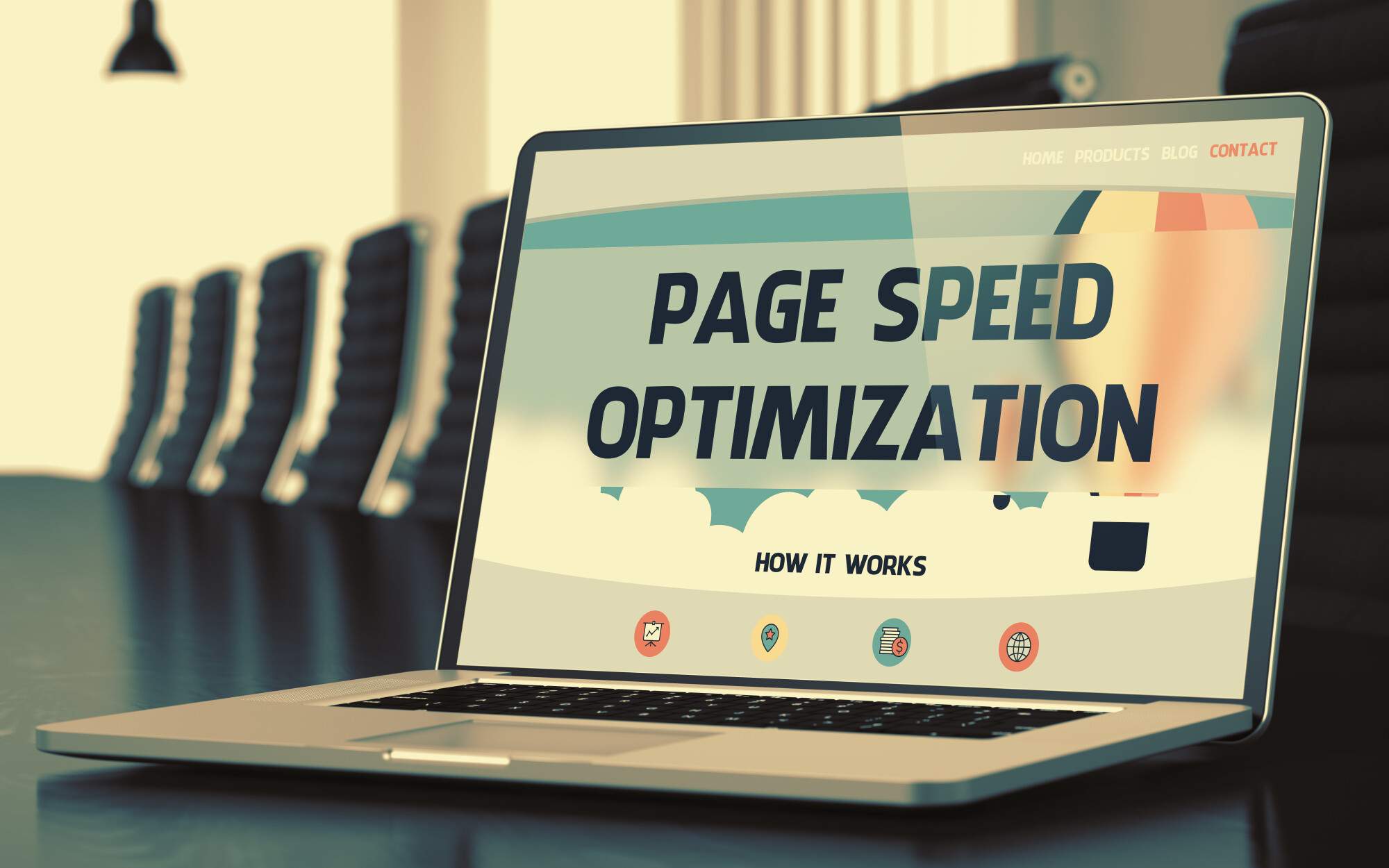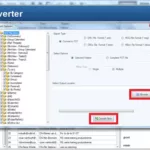
4 Tips To Improve Website Performance
Did you know that just 15% of websites have acceptable loading times?
Your website performance is critical in today’s information age. Many potential and existing customers will rely on your site for information, products, services, and inquiries.
Poor website performance can be linked to lower customer satisfaction levels, which can harm your conversion rates. This guide explains how to speed up your website today.
Read on and learn how to improve website performance.
Choose the Right Provider
Each hosting provider provides a different level of performance. Shared plans are likely to be significantly slower than more advanced services like dedicated servers.
Look for a web host that provides consistently high performance. Every web hosting service will claim to be the quickest. Therefore, it’s your responsibility to evaluate the key features of each, and read as many reviews as possible before making a selection.
Utilize Browser Caching
Caching is one of the best ways to boost website performance. By activating browser caching, you instruct your visitors’ browsers to temporarily store some (or all) of your site’s static data on their devices.
Because those visitors won’t have to refresh your site completely each time they return, subsequent visits should be substantially faster. This makes it easier for repeat customers to revisit your service whenever they want to make a purchase.
Enable GZIP Compression
GZIP is a compression tool that allows you to minimize the file sizes of various content on your website. Utilizing GZIP compression can lower the weight of your pages and boost website performance.
In general, the smaller the size of a page, the faster it will load. GZIP compression is enabled by default on almost all web hosting plans, but it can also be added to plans.
Avoid Landing Page Redirects
In the past, it made sense to create a mobile-friendly version of your webpage.
To make this work, you had to add redirects that sent mobile users to the lite version of your site, then cache them to optimize the website.
Now that mobile devices are more popular than desktop browsers in terms of overall traffic, designing different versions of your website makes less sense. You’re better off with a single, mobile-friendly design that accommodates both platforms.
Better landing page performance keeps customers happy and boosts Search Engine Optimization (SEO). If you want to learn more about the value of SEO and web page performance, find SEO services here.
Improve Website Performance Today
Your customers rely on your website for easy access to your products and services. It’s your job to provide an online experience that encourages both repeat customers and new users.
By following the simple tips, you can improve website performance and impact your user experience for the better. So, why not optimize your website today?
Did you find this article informative? If so, check out the rest of our blog for more helpful content and advice.















